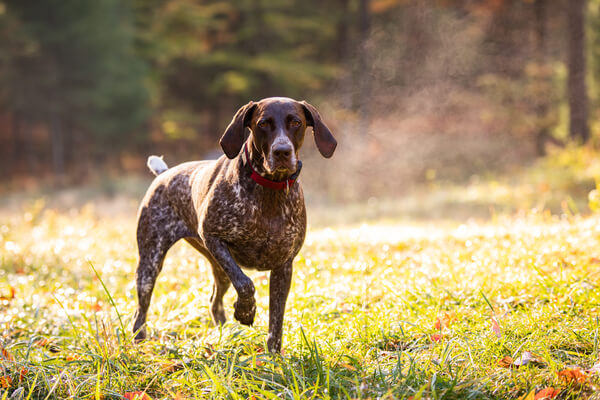Tips for Training Hunting Dogs
Jul 06, 2021

Ready to hit the field with a new furry friend to back you up? Raising a hunting dog calls for consistency and commitment, especially during the first year of your puppy’s life. Establishing a solid foundation in your dog’s training will ensure that he is able to safely and effectively do his job.
Here are four tips to help you train your newest hunting partner to reach his full potential:
Training a hunting dog is hard work, but you will be rewarded with a strong and loyal companion. Visit your local Co-op for hunting supplies, dog nutrition, and training tools that will set you up for success in the field.
For more content like this, check out the latest issue of the Cooperator.
Here are four tips to help you train your newest hunting partner to reach his full potential:
- Establish yourself as the pack leader
- Introduce and master basic commands
- Expose your dog to new situations
- Invest in training tools
Training a hunting dog is hard work, but you will be rewarded with a strong and loyal companion. Visit your local Co-op for hunting supplies, dog nutrition, and training tools that will set you up for success in the field.
For more content like this, check out the latest issue of the Cooperator.